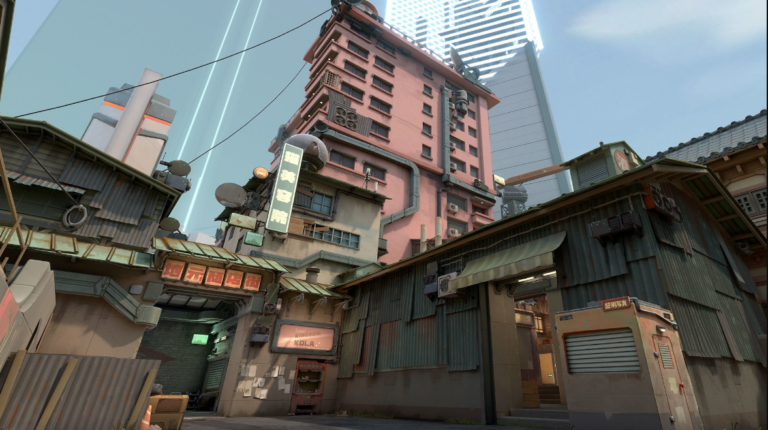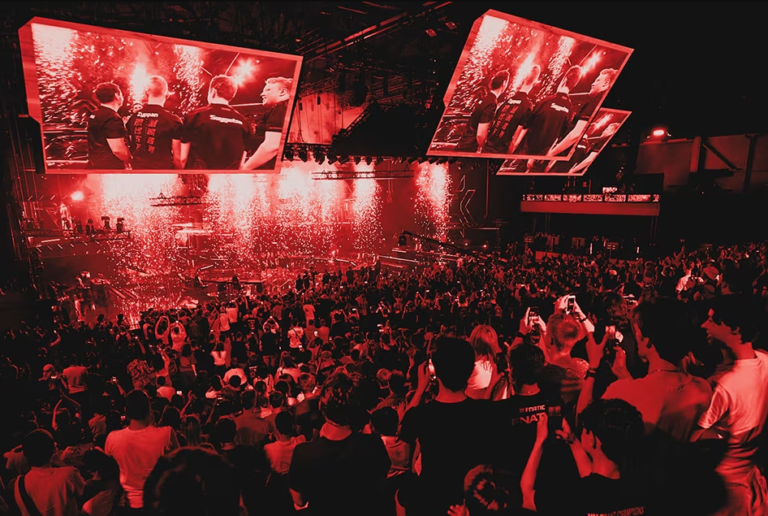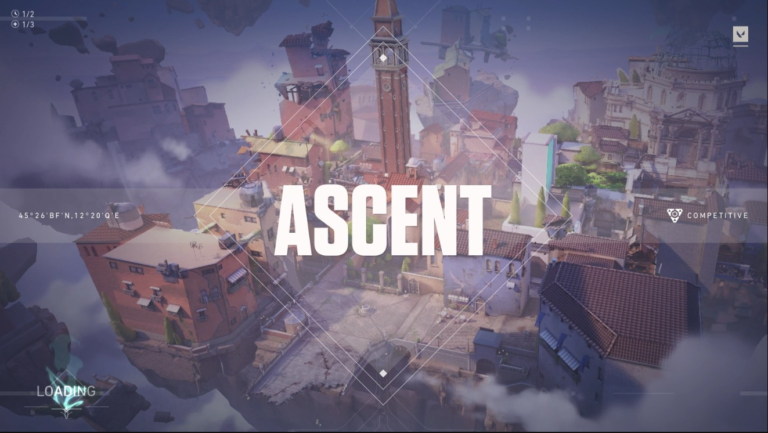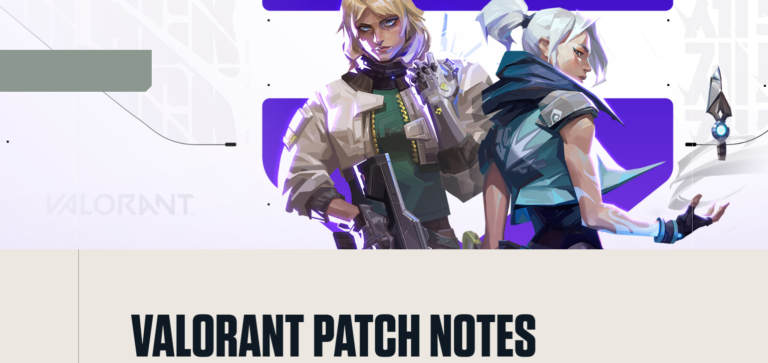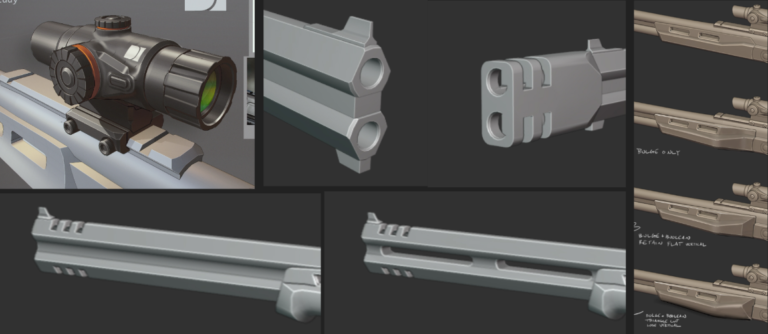A Comprehensive Guide for Coaches
In Valorant Coaching, agent roles define the backbone of a team’s strategy, shaping how each player contributes to the collective success. As a coach, understanding and effectively teaching these roles can elevate a team’s performance. Let’s delve into an extensive guide exploring strategies and tips to master agent roles within team compositions.
The Fundamental Roles
- Duelists: These agents thrive in aggressive playstyles, entry fragging, and creating openings. Teaching duelists requires emphasizing map control, aggressive peeks, and timing.
- Controllers: Agents adept at controlling the battlefield, using smokes, and disrupting enemy positions. Coaching controllers involves strategic smoke placement, map manipulation, and effective utility usage.
- Sentinels: The backbone of defense, focusing on information gathering and supporting the team. Educating sentinels revolves around map awareness, setting up defensive positions, and utility usage for site control.
- Initiators: Agents designed to start engagements and disrupt opponents. Coaching initiators includes teaching map control, initiating pushes, and using abilities to create advantageous scenarios.

Coaching Strategies
- Role-Specific Drills: Design tailored drills focusing on each role’s core responsibilities. Practice scenarios that enhance role-specific skills, such as entry fragging for duelists or map control for controllers.
- Individual Role Workshops: Conduct workshops or one-on-one sessions to refine agent-specific skills. Provide in-depth guidance on ability usage, positioning, and role-specific strategies.
- VOD Reviews Emphasizing Roles: Analyze gameplay focusing on how agents fulfill their roles. Highlight successful role execution and areas needing improvement.
Team Dynamics
- Role Synergy and Combinations: Teach players how different roles synergize and create effective combinations. Emphasize the importance of role cooperation in executing strategies.
- Adaptability: Train players to adapt their roles based on changing circumstances within a match. Encourage flexibility and dynamic role shifting if necessary.
Conclusion
Mastering agent roles isn’t just about understanding abilities; it’s about molding players to execute their roles effectively within a team’s strategy. As a coach, empowering players with comprehensive knowledge and honing role-specific skills will elevate your team’s cohesion and success in Valorant Coaching.

